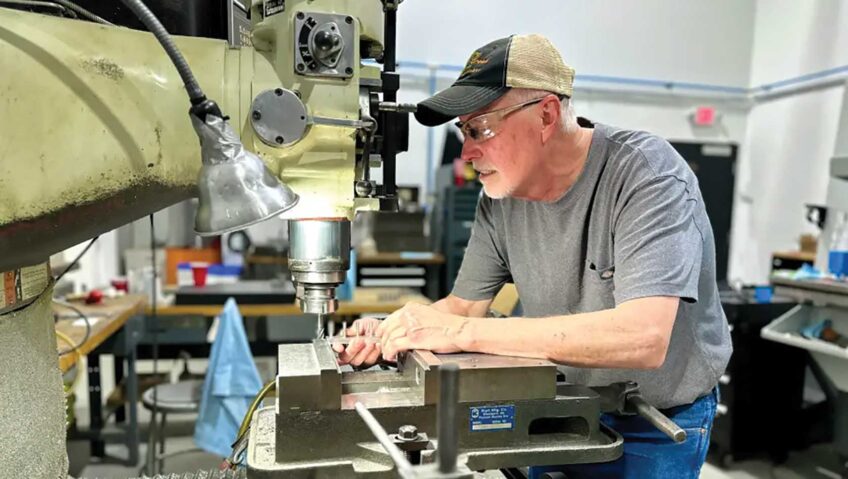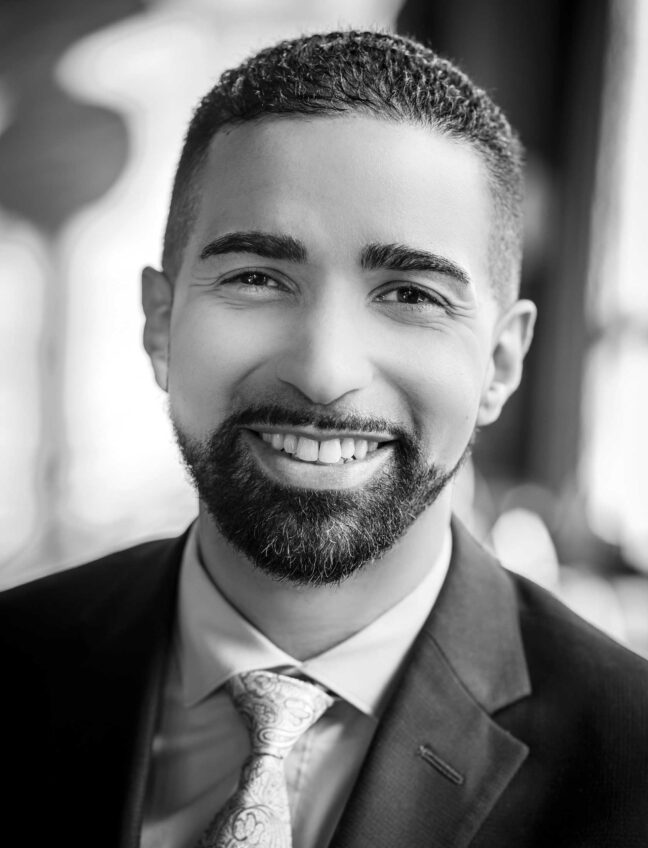Celebrating past, looking to the future: United South End Settlements turns 125
Organization changed with neighbors’ needs; Serving whole family, all incomes remain key

The United South End Settlements is celebrating 125 years of “neighbors helping neighbors.” The organization focuses on lifting low-income residents of Lower Roxbury and the South End up through education, workforce training, health and other support programs, as well as knitting residents into a tighter community.
Over the past century-plus, USES’s offerings have shifted to better meet new needs and its leadership currently is crafting a strategic plan to guide future work. Through all the changes, USES has kept constant its focus on holistic family support and efforts to promote volunteerism and a united neighborhood fabric, said USES President and CEO Maicharia Weir Lytle in a phone interview.
“As the neighborhood has shifted and changed, the organization also has evolved,” she said.
If you go
Upcoming celebration
What: Anniversary birthday celebration
Where: Harriet Tubman House, 566 Columbus Avenue, Boston
When: Jan. 28, 2017 2 p.m. to 4 p.m.
RSVP: www.uses.org/birthday
Then to now
United South End Settlements was the name given to five Boston settlement homes upon their merging in 1960. The organization’s leadership counts USES’s start as 1892, the date that the earliest of these homes, Andover House, opened to the community. At the time, it was the first settlement home in Massachusetts and the fourth in the nation.
The push to establish Andover House — later renamed South End House — came from a group of well-off individuals who sought to collaborate with South End residents to tackle social justice issues and economic struggles in the area.
Harriet Tubman House, one of USES’s settlement houses, was founded in the early 1900s by a handful of African American women with the purpose of assisting the acclimation of black women who had migrated to Boston from the south, Weir Lytle said. Arriving women were given housing, job training and a support network as they adjusted to the new environments.
New immigrants to the city made English language training another important focus of work in the 1900s, Weir Lytle said. ESL classes continue to be provided today, and the Children’s Art Centre, originally founded as a museum, now hosts art classes as well.
The organization has adjusted its programming and focus to meet new needs over the ages. In the 1960s and 70s, housing and small business development took particular focus, and housing supports, including minor home repair services to seniors, comprise significant efforts today, she said. Computer skills also have been added into the job training programs.
As gentrification pressures become an increasing force in the neighborhood, USES’s team is assessing what focal points and roles the organization will need to have in the future.
“USES is reaching its 125th anniversary at a critical inflection point, as the demographics of the South End/Lower Roxbury are shifting rapidly,” a USES press release states. “To evolve the organization’s service model to meet the changing landscape, the Board of Directors and leadership team are currently engaging in a strategic planning process.”
Weir Lytle said she expects to unveil in early 2017 the organization’s plans to guide it through the next decades.
Family focus
Even as the organization has evolved and changed, several core elements carry through, Weir Lytle said. Among these: a holistic approach to serving families, with offerings for children, parents and grandparents. This includes early education and after-school programs for children and youth, matched with workforce training for adults and wellness support to seniors, such as free or low-cost lunch.
In many cases, the seniors USES serves now were once program participants as children, Weir Lytle said.
“We’ve served generations of families,” she said. “I’ll meet someone on the street who’ll say, ‘When I was a little girl, I was at the Children’s Art Centre and my parents were involved.’”
One community
Throughout its history, USES has relied on, and emphasized as part of its mission, engaging members of the neighborhood as volunteers to contribute to their programs. This serves in part to create sense of community and brings together residents from diverse backgrounds, Weir Lytle said.
The organization is examining new models offering further opportunities for engagement.
Another key aspect of USES is that while the organization seeks to support low-income families, its programs welcome higher-income residents as well in order to make a truly unified community, not one divided by income levels, Weir Lytle said.
“One unique thing is we engage people from different economic levels,” she said. “While we are focused on uplifting the most vulnerable, we believe integrating them with people with more resources is really important to the entire community to make sure we have an integrated community and to break down those silos and barriers that exist across other communities.”






